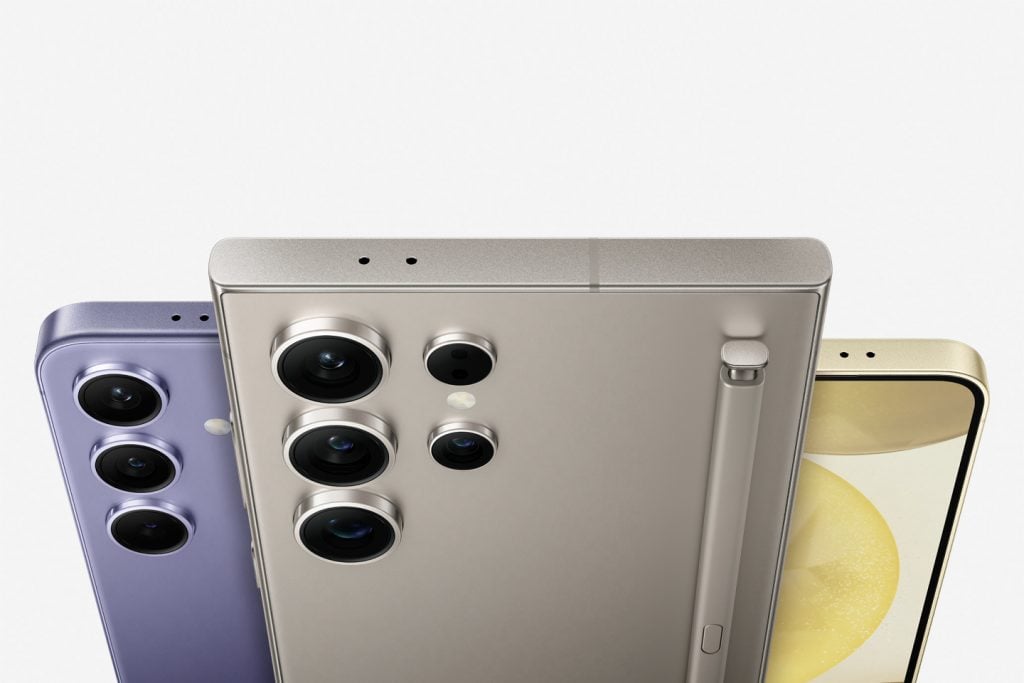Samsung seems to be preparing for the launch of its Galaxy S25 series, which is expected to arrive in early 2025, likely around January. While the Galaxy S25 Ultra is nearly confirmed to come with the latest Snapdragon 8 Elite chipset, the standard Galaxy S25 and Galaxy S25+ may utilize different processors.
Speculations About Chipsets
Recent strategies from Samsung regarding its non-Ultra models have ignited discussions about potential chipsets. Reports suggest that these models may feature either the MediaTek Dimensity 9400 or Samsung’s own Exynos 2500.
Galaxy S25+ Performance Insights
The most recent information comes from the benchmarking site Geekbench, where a Galaxy S25+ model equipped with the Exynos 2500 was discovered. This model, identified as SM-S936B for the European market, achieved a single-core score of 2,359 and a multi-core score of 8,141 on Geekbench 6. It is paired with 12GB of RAM and operates on Android 15, revealing some of its hardware details.
The Exynos 2500 within the device has a 10-core CPU design that can clock up to 3.3GHz. This chipset is also integrated with Samsung’s Xclipse 950 GPU, which is based on AMD’s RDNA architecture, hinting at a focus on enhancing graphics performance.
Performance Comparisons
In terms of raw capabilities, the Exynos 2500’s multi-core score is quite close to the Snapdragon 8 Elite’s top performance. However, it falls behind significantly in single-core performance when compared to the 8 Elite chipset. For example, an earlier test on the Galaxy S25 Ultra recorded single-core scores of 3,096 and multi-core scores of 9,080. Furthermore, phones using the latest Exynos chip may struggle against competitors sporting the Snapdragon 8 Elite or Dimensity 9400 chip, especially in demanding tasks like gaming or high-resolution recording.
Caution About Benchmark Results
Additionally, it’s important to keep in mind that this is merely a benchmark result. These tests usually take just a few minutes to finish—often not sufficient for the phone to overheat. Moreover, various brands have been known to implement specific optimizations to achieve impressive scores in these tests, which may not accurately reflect real-world usage. Therefore, it’s wise to view these numbers with skepticism as we await the official unveiling of Samsung‘s new flagship devices in January.




Leave a Reply